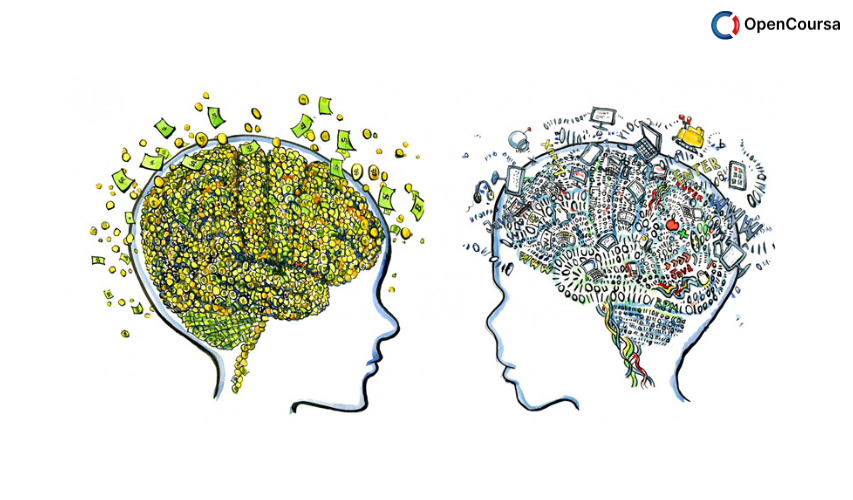Home » Course Layouts » Free Course Layout Udemy
Economics 119: Psychology and Economics (Fall 2011, UC Berkeley). Instructor: Professor Daniel J. Acland.
0
1
English
English [CC]
- Learn basic syntax that can apply to any language.
- Learn what is a programming language and the basic concepts for beginners.
- Understand what is Javascript in it's truest form.
- Know the basic syntax of Javascript.
- Know some hidden quirks in Javascript.
Description
This course presents psychological and experimental economics research demonstrating departures from perfect rationality, self-interest, and other classical assumptions of economics and explores ways that these departures can be mathematically modeled and incorporated into mainstream positive and normative economics. The course will focus on the behavioral evidence itself, especially on specific formal assumptions that capture the findings in a way that can be incorporated into economics. The implications of these new assumptions for theoretical and empirical economics will be explored.
Course content
- Lecture 03 – Endowment-Effect Rationality Violations, Reference Dependence Unlimited
- Lecture 04 – Applications of Reference Dependence Unlimited
- Lecture 05 – Reference Point Determination Unlimited
- Lecture 06 – Expected Utility Theory and Prospect Theory Unlimited
- Lecture 07 – Applications of Prospect Theory Unlimited
- Lecture 08 – Midterm Review Unlimited
- Lecture 09 – Exponential Discounting Anomalies Unlimited
- Lecture 10 – Quasi-Hyperbolic Discounting Unlimited
- Lecture 11 – Applications of the Beta-Delta Model Unlimited
- Lecture 12 – Anticipatory Utility Unlimited
- Lecture 13 – State-Dependent Preferences and Projection Bias Unlimited
- Lecture 14 – Applications of Projection Bias Unlimited
- Lecture 15 – Behavioral Economics and Public Policy, Part 1 Unlimited
- Lecture 16 – Behavioral Economics and Public Policy, Part 2 Unlimited
- Lecture 18 – Bayes’ Rule Unlimited
- Lecture 19 – Quasi-Bayesian Modeling – Base-Rate Neglect Unlimited
- Lecture 20 – Belief in the Law of Small Numbers, and Overconfidence Unlimited
- Lecture 21 – The Charness-Rabin Model and Distributional Preferences Unlimited
- Lecture 22 – Distributional Preferences and Face-Saving Concerns Unlimited
- Lecture 23 – Intentions-Based Preferences & Behavioral Game Theory Unlimited
- Lecture 24 – Behavioral Game Theory Unlimited
- Lecture 24 – Behavioral Game Theory Unlimited
- Lecture 25 – Behavioral Game Theory 2 Unlimited
- Lecture 26 – Final Review Unlimited
N.A
- 5 stars0
- 4 stars0
- 3 stars0
- 2 stars0
- 1 stars0
No Reviews found for this course.










